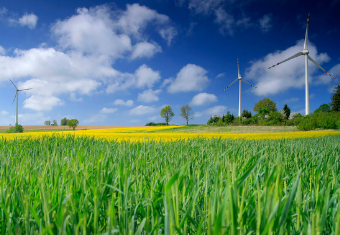Switching away from producing energy from fossil fuels in favor of renewable energy sources will be a huge challenge for Poland. Currently, coal is a dominant position in the Polish energy sector. How to change in the path? The McKinsey team tried to answer this question in the context of emission neutrality in a special report “Carbon-neutral Poland 2050”.
See report
The climate crisis is a global problem that is currently one of the greatest threats to humanity. The effects of climate change cause not only increasing economic losses, but also social and health losses. Intensive rainfall, inundation and flooding, dangerous storms and hurricane winds are just some of the extreme weather phenomena that we encounter more and more often in Poland. To reduce the risks and effects of global warming, people need to radically change their approach to the environment.
Experts agree that a departure from the coal on which the Polish energy system is based is inevitable. In order to reduce net carbon dioxide emissions to zero by 2050, which is the deadline for meeting the EU targets, we need rapid decarbonisation. It is an ambitious challenge for Poland, however, according to experts, it is not impossible to implement. So how do you turn a challenge into an opportunity? The McKinsey team tried to answer this question in the context of emission neutrality in their report “Carbon-neutral Poland 2050”. The authors of the report present a scenario in which by 2050 Poland will be able to reduce greenhouse gas emissions by 91% compared to 2017. and increase carbon sequestration enough to compensate for the remaining 9%. emissions that are particularly difficult to reduce. Thus, Poland could achieve emission neutrality by 2050.

